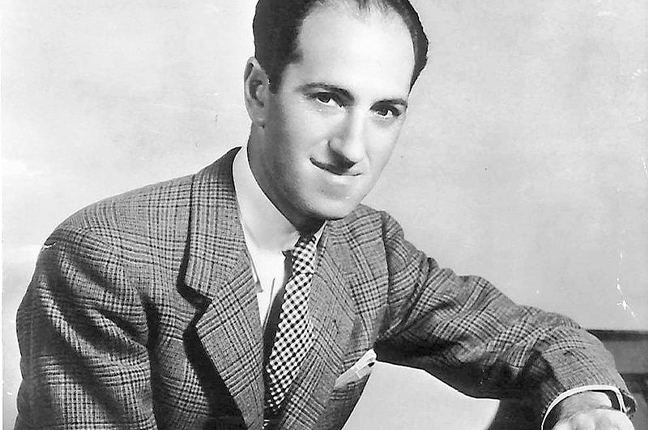
Top 10 Gershwin Songs
George Gershwin, one of America’s most celebrated composers, has left an indelible mark on the world of music. His unique blend of classical, jazz, and[…]
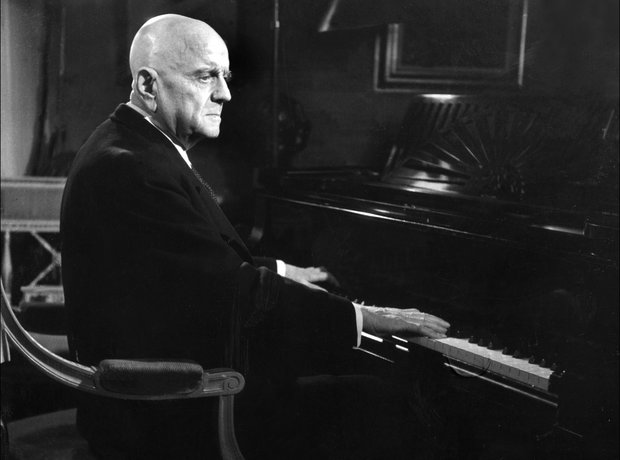
Top 10 Sibelius Songs
Jean Sibelius, Finland’s most celebrated composer, has left an indelible mark on the world of classical music. His works, characterized by their nationalistic fervor and[…]
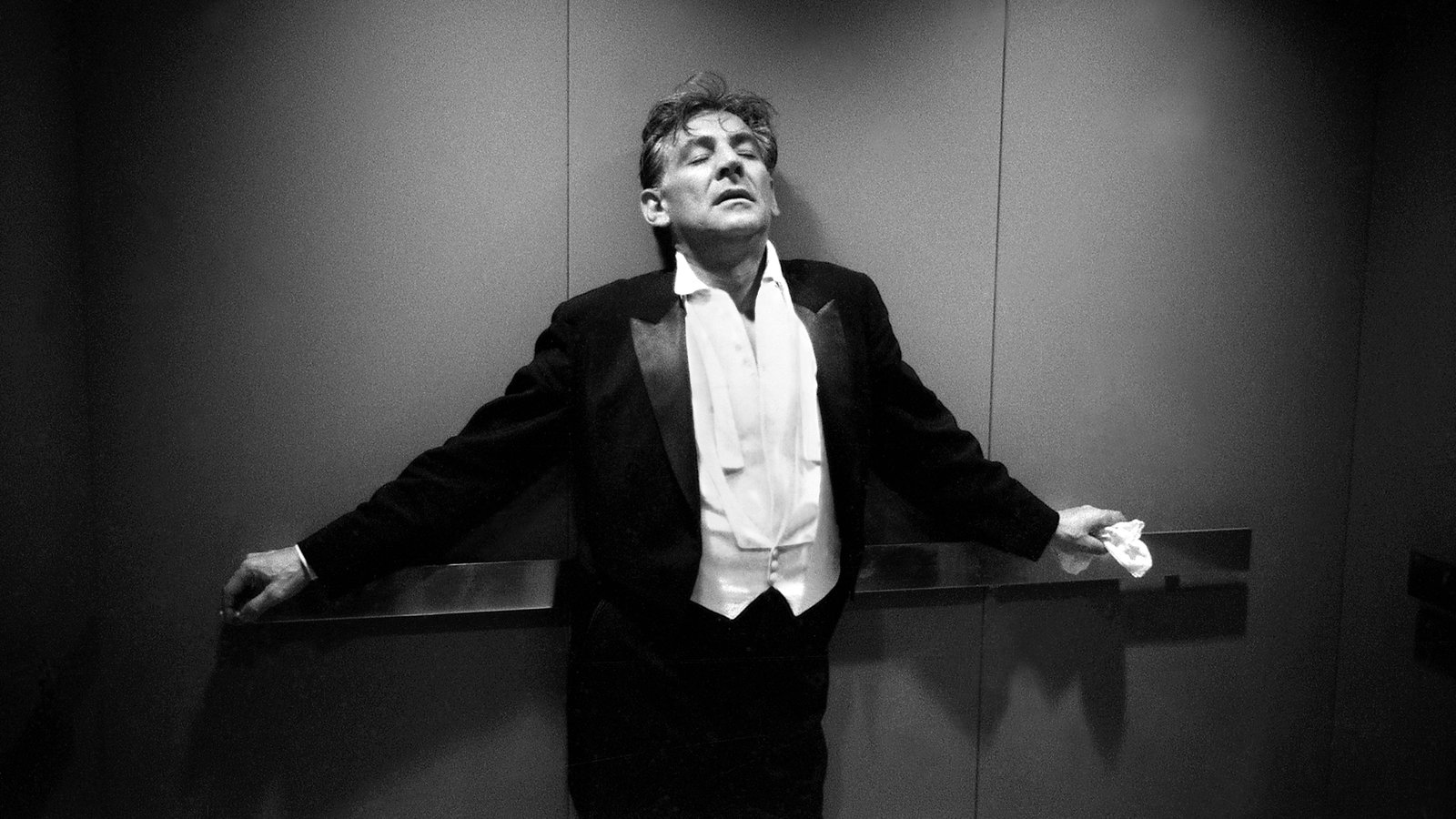
Top 10 Bernstein Songs
Leonard Bernstein was one of the most influential figures in 20th-century music. As a composer, conductor, educator, and pianist, his contributions spanned multiple genres, from[…]

Top 10 Liszt Songs
Franz Liszt, the legendary 19th-century composer, and virtuoso pianist, revolutionized piano music with his technical brilliance and innovative compositions. His works span a wide range[…]
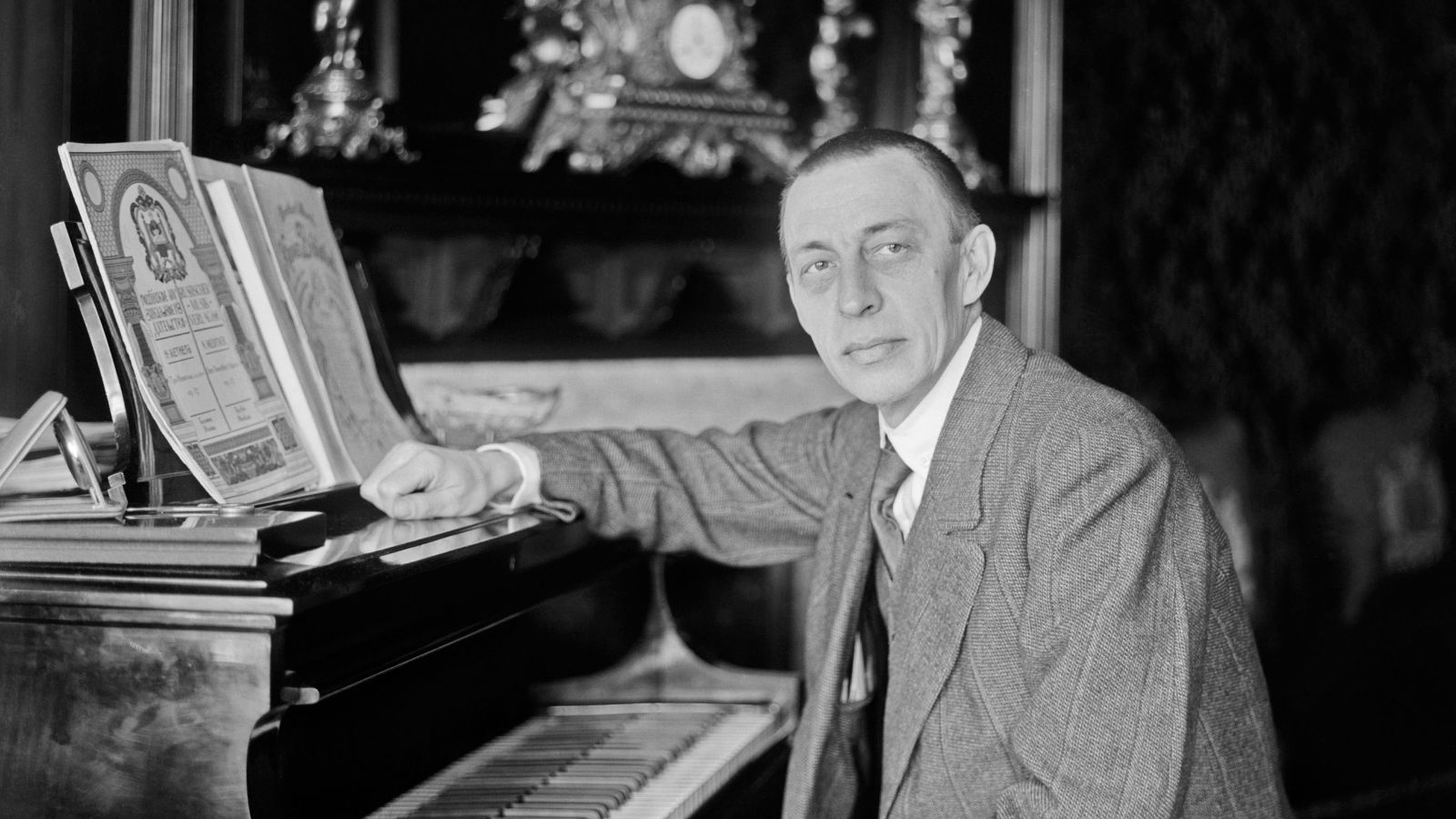
Top 10 Rachmaninoff Songs
Sergei Rachmaninoff, one of the last great representatives of Romanticism in Russian classical music, was a virtuoso pianist and a prolific composer. His works are[…]

Top 10 Elgar Songs
Edward Elgar, one of England’s most distinguished composers, has left an indelible mark on the world of classical music. Renowned for his orchestral works and[…]
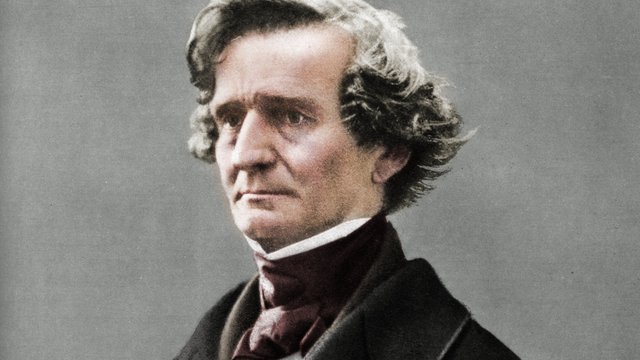
Top 10 Berlioz Songs
Hector Berlioz, a towering figure in the Romantic era of classical music, was renowned for his innovative orchestration and expressive depth. His compositions often reflected[…]
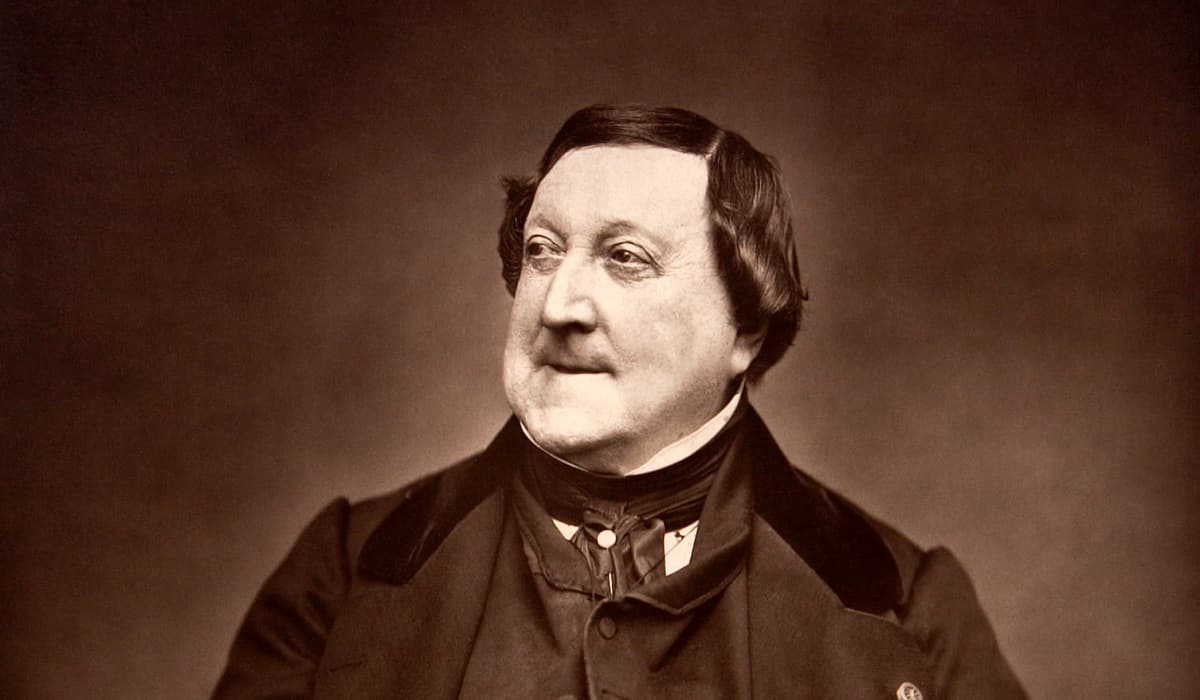
Top 10 Rossini Songs
Gioachino Rossini (1792-1868) was an Italian composer whose vibrant operatic works have stood the test of time, captivating audiences for over two centuries. Known for[…]
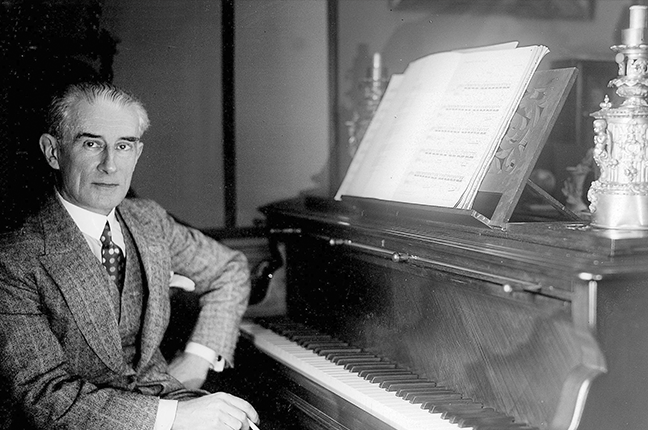
Top 10 Ravel Songs
Maurice Ravel (1875-1937) stands as a monumental figure in 20th-century classical music, celebrated for his unique and innovative compositions. His works are a blend of[…]
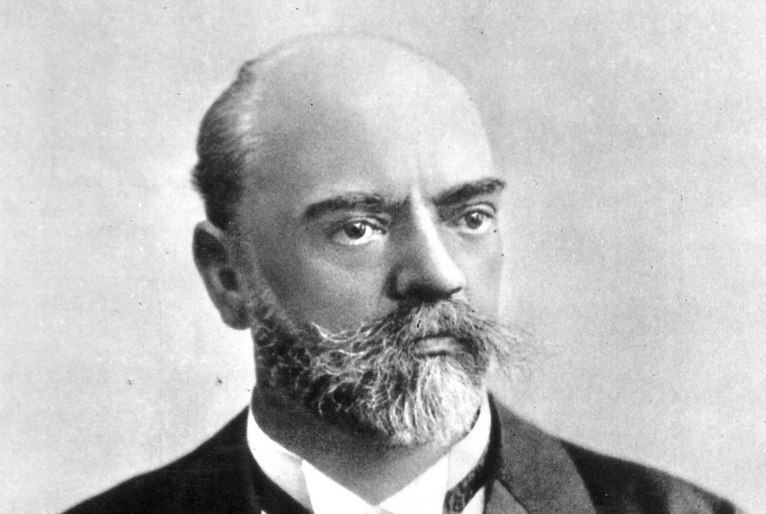
Top 10 Dvořák Songs
Antonín Dvořák, a towering figure in Romantic music, composed works that are celebrated for their melodic beauty and inventive orchestration. His compositions span symphonies, chamber[…]